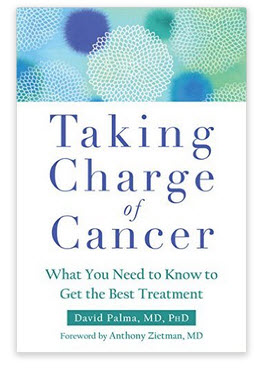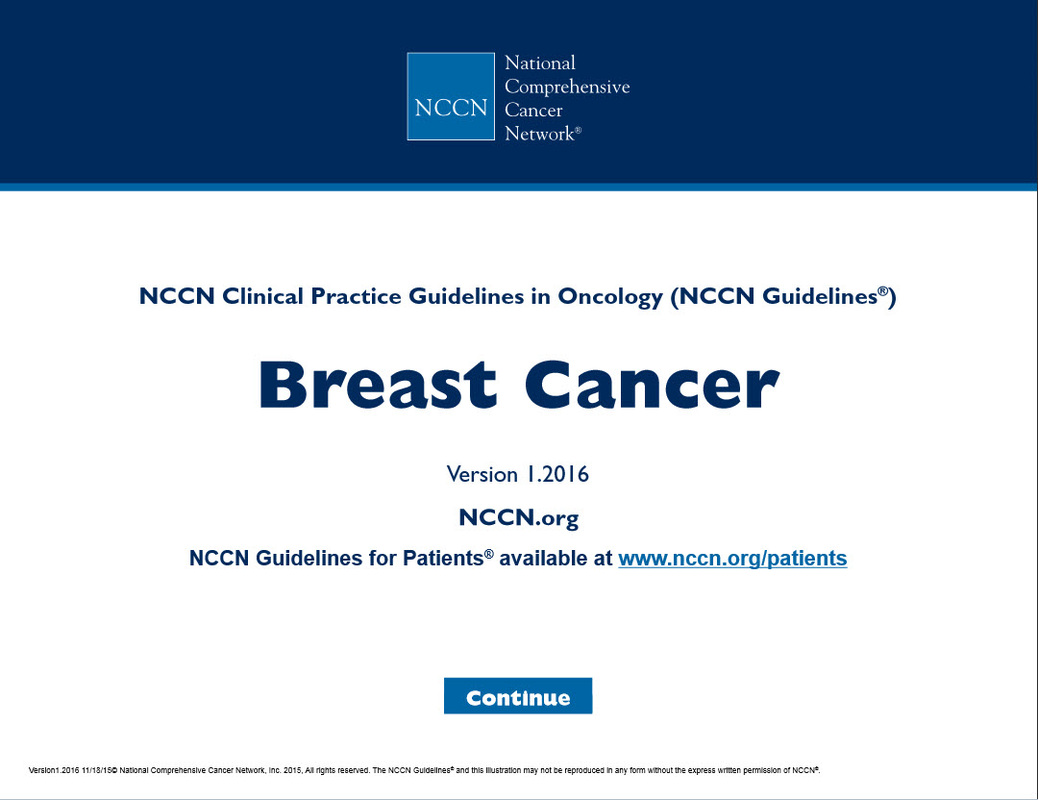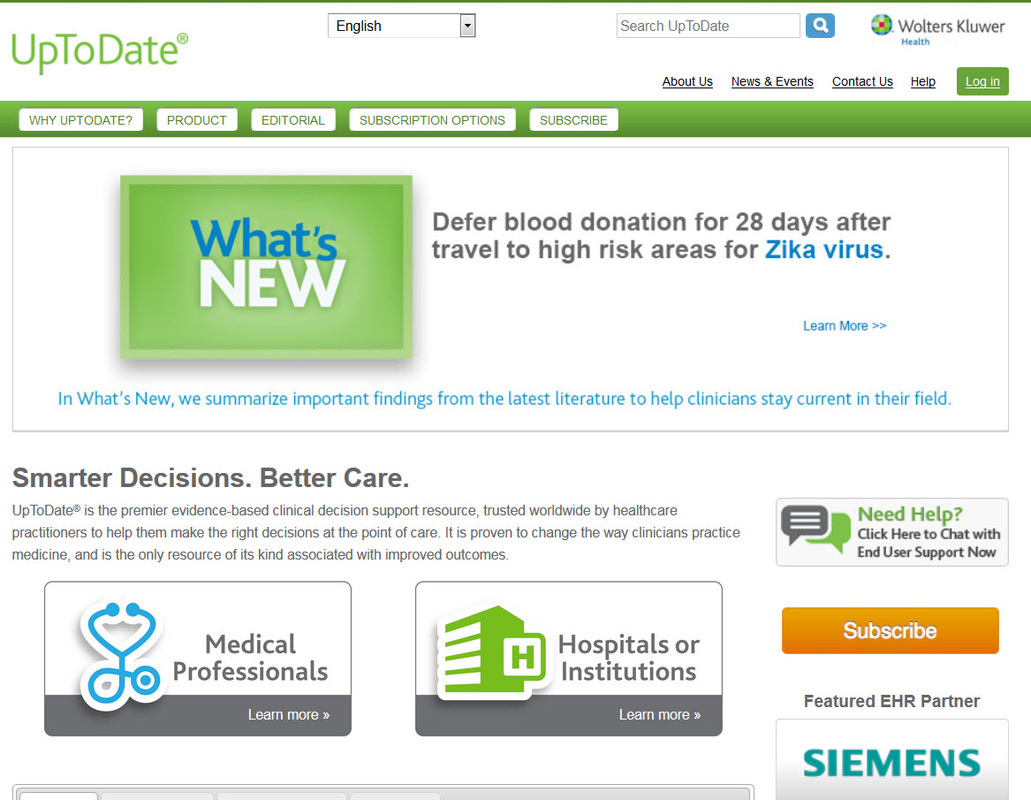|
In the early years of my career, I've mainly focused on two things: treating patients and doing research. But over the past year I've also developed an interest in helping to promote high-quality cancer care, a quest that led to the development of this website.
For cancer patients, getting top-notch cancer care is very important and can directly impact the chances of treatment success. But most patients are unaware of the importance of getting good-quality treatment, and don't know how to make sure that the treatment they are receiving is indeed the best available. A website alone can't provide enough of the detailed information needed to help patients get top-notch care. Websites tend to be consumed in small, blog-sized bites. Longer, more-detailed posts are often skimmed or ignored. So last year, my wife Cheryl and I came up with the idea that patients really need a 'how-to' manual, a book to help them get good-quality cancer care. So I put together a proposal for the book, which was picked up by a superstar literary agent in California. She found a home for the idea at New Harbinger publications. The book is called Taking Charge of Cancer, and it will be published on July 1. It is already listed on Amazon. The book includes a foreword by Dr. Anthony Zietman. Dr. Zietman is a Harvard Professor and editor of one of the major journals in our field. Last month, he was the recipient of an ASTRO Gold Medal for his outstanding lifetime contributions to our field. There are thousands of books about cancer treatment, but as far as I know, this is the only book specifically geared toward helping patients get high-quality treatment. Here are some of the topics covered in the book:
The book includes an online Patient Toolkit, with helpful videos that guide patients through many of the steps described above. My other goal in writing this book is to improve the lives of future patients through cancer research. So I've signed off all the author royalties to the London Health Sciences Foundation, to be used for cancer research in London. The LHSF's fundraising efforts have made a major impact on cancer care and research, and this book will help them advance their goals a little bit further. The hundreds of hours spent writing this book has been a volunteer effort for me. I've already shared early drafts of the book with some friends and colleagues, who have provided valuable input. I look forward to sharing the book with the rest of the world in July!  When I tell people I work as a Cancer Librarian, they’re often surprised. The common reply is: “I didn’t realize there were librarians working in hospitals!” Believe it or not, there are many roles for librarians beyond the traditional public library in your neighborhood. There are librarians who work in law firms, government, universities, banks and insurance companies, and importantly, hospitals and cancer centers. A cancer librarian can be a key ally in your fight against cancer. Many cancer centers have libraries with cancer librarians, and they’re especially common in teaching hospitals. Sometimes we’re called Clinical Librarians, Medical Librarians, or Hospital Librarians, but despite our different titles, our primary role is always the same - to link patients and care providers to the best published evidence in order to make sure patients get the best treatment! I work with nearly all members of the healthcare team to provide access to the latest medical information. This includes doctors, scientists working in laboratories, residents, nurses and nurse practitioners, graduate students and even health care administrators. I have four major roles as part of the healthcare team: I search the literature for the best evidence supporting direct patient care, I make sure our collection of books and journals is up to date and optimized, I provide access to research that is not readily available through the library’s subscriptions, and finally, I help oncologists research and publish their work. See some examples of our publications. But I don’t only work with staff - I also serve patients! Many cancer patients need more information than just the basics. While websites provide excellent resources for understanding the intricacies of cancer, sometimes patients need even more, would prefer a different format (print vs. electronic), or even would like a literature search completed by a Cancer Librarian to answer a highly complex question that they can’t find an answer to online. This is where I can help! The resources in our libraries provide advanced detailson all types of cancer, from lung to cervical, ovarian, breast, prostate, colorectal, metastatic disease…. from the newest therapies like Stereotactic Ablative Radiation Therapy (SABR) and personalized medicine, to resources on palliative care, drug and chemotherapy information, and even uncommon cancers. My library does have a website that links to some of the similar online examples of basic patient information, but if you think that you need more information about cancer and the basic patient resources aren’t answering your questions, then it might be time to talk to a Cancer Librarian about finding some advanced answers to some advanced questions. So feel free to get in touch, either with me, or with a cancer librarian at your center! We’re here to help you to get the information you need to be well-informed. Here are some of the questions: "If you are diagnosed with Her2 positive breast cancer, can you receive the herceptin without having chemo or do they need to go hand in hand?" "Do you have a link to the latest information for BRCA2 positive patients?" Going Beyond Patient Information Websites If patient information websites don't provide enough information, the solution is to go where doctors look. There are websites geared toward doctors, and they provide detailed information that we use in day-to-day practice. As a patient, you can access these websites as well. These websites do use medical terms, so you'll probably need to use a medical dictionary to help. Make sure you read the basic patient information websites first, so you have a good background before starting. 1. NCCN Guidelines for Physicians
The NCCN guidelines also cover cancer prevention, hereditary cancers (like the BRCA2 question above), and supportive care for symptoms like nausea, pain and fatigue. 2. UpToDate
Many physicians rely on UpToDate daily to help with their medical practice. If someone asks me a medical question and I don't know the answer, it's the first place I look. In my experience, it's the best medical knowledge tool available. The downside to UpToDate is that it's not free. Physicians (including me) who want to use it pay for an annual subscription. Patients can access some specific patient information for free. Fortunately, UpToDate offers short term subscriptions of 1 week or 1 month, so you can get the information you need without having to pay the price that doctors pay for an annual subscription. If you're not sure whether UpToDate will be helpful, you can search the database for free, and only buy a short subscription once you find something useful. [Note that I receive no royalties from UpToDate. I pay for an annual membership. The price is steep but it makes a big difference in clinical practice.] 3. Your Doctor
|






 RSS Feed
RSS Feed